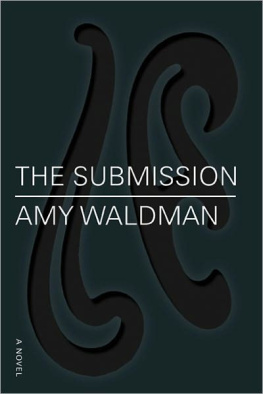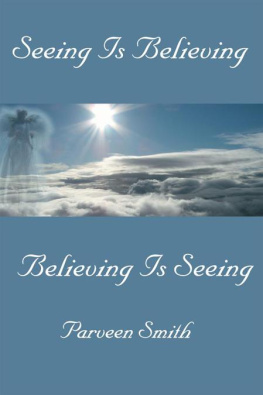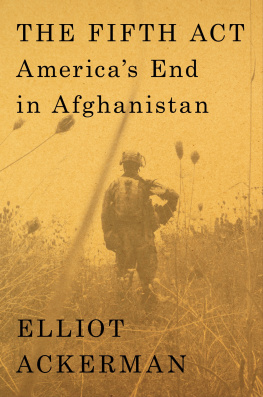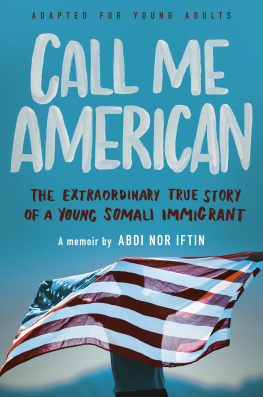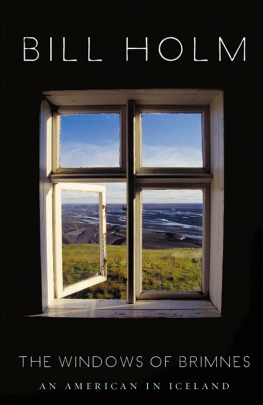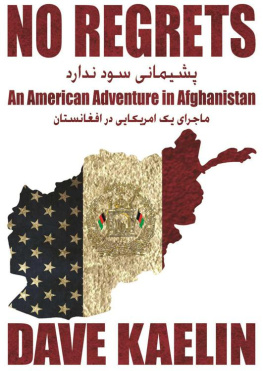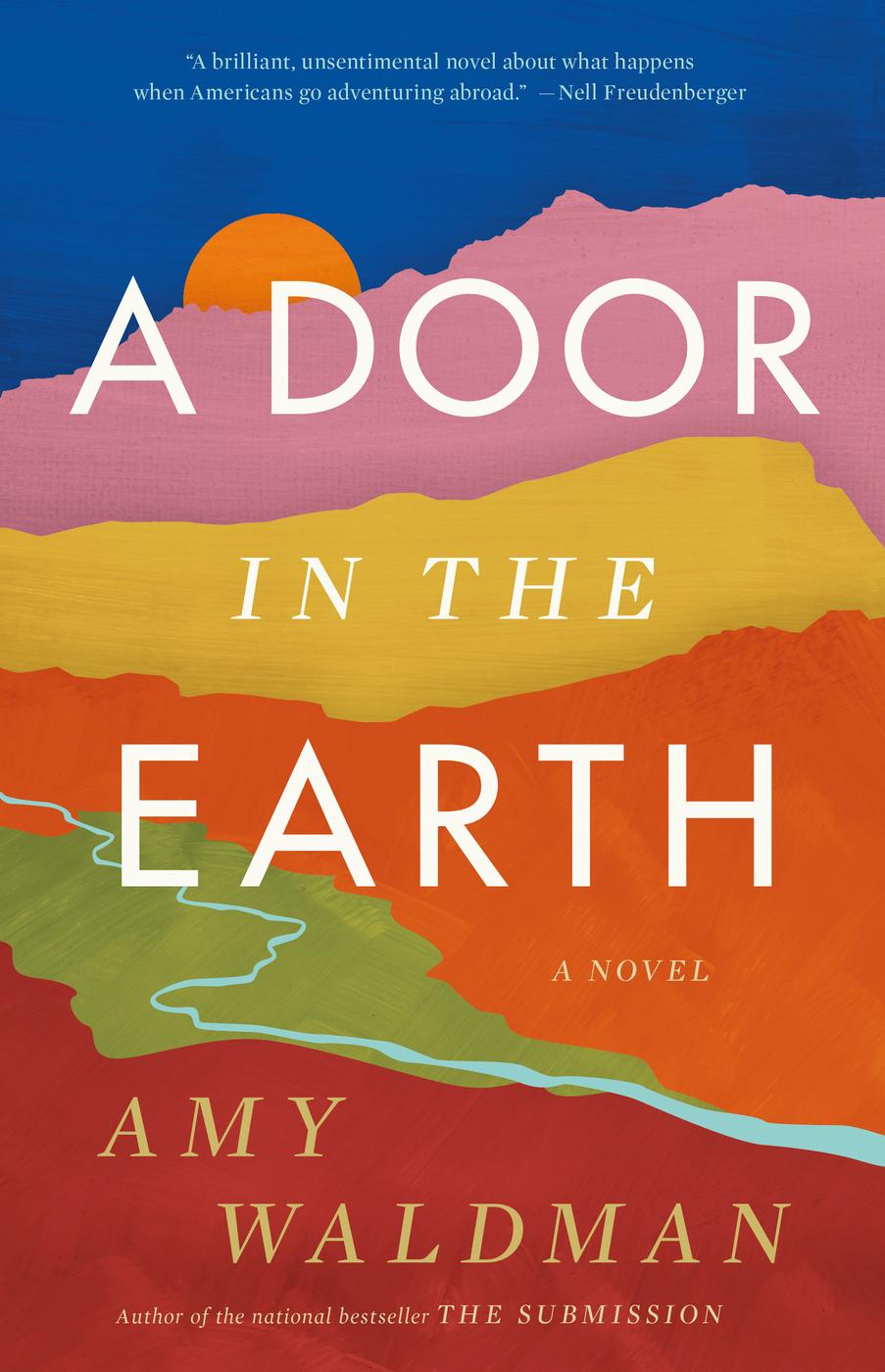
The characters and events in this book are fictitious. Any similarity to real persons, living or dead, is coincidental and not intended by the author.
Copyright 2019 by Amy Waldman
Cover design and illustration by Lauren Harms
Author photograph by Katherine Wolkoff
Cover copyright 2019 by Hachette Book Group, Inc.
Hachette Book Group supports the right to free expression and the value of copyright. The purpose of copyright is to encourage writers and artists to produce the creative works that enrich our culture.
The scanning, uploading, and distribution of this book without permission is a theft of the authors intellectual property. If you would like permission to use material from the book (other than for review purposes), please contact permissions@hbgusa.com. Thank you for your support of the authors rights.
Little, Brown and Company
Hachette Book Group
1290 Avenue of the Americas, New York, NY 10104
littlebrown.com
twitter.com/littlebrown
facebook.com/littlebrownandcompany
First ebook edition: August 2019
Little, Brown and Company is a division of Hachette Book Group, Inc. The Little, Brown name and logo are trademarks of Hachette Book Group, Inc.
The publisher is not responsible for websites (or their content) that are not owned by the publisher.
The Hachette Speakers Bureau provides a wide range of authors for speaking events. To find out more, go to hachettespeakersbureau.com or call (866) 376-6591.
ISBN 978-0-316-45158-1
E3-20190726-NF-DA
To Alex, Ollie, and Theo
Explore book giveaways, sneak peeks, deals, and more.
Tap here to learn more.

Antimachus was a friend of Paris
Who put the case for war
He opened a door in the earth
And a whole generation entered
Alice Oswald, Memorial
A S SOON AS SHE SAW THE ROAD, SHE UNDERSTOOD HOW IT had seduced him. Unmarked and unpaved, it rose up between mauve foothills, then slipped through them. If you were bored, as Gideon Crane had beenby your traveling companion, by the very journey (to where, exactly?) that youd insisted on undertakingthe mouth of the road would have leaped at you like a spark. You wouldve ordered the driver, as Crane did, to leave the highway, and when he refused to risk either his truck or his payload of melons to satisfy a foreigners curiosity about a shit road to nowhere, you too would have climbed from the truck and taken the road by donkey.
Parveen Shams was being carried onto the same turnoff in a white Land Cruiser, which made her admire Cranes grit all the more. She was giddy at retracing his steps, six years after hed first made this journey. In his memoirthe book that had propelled her hereCrane had written of the hunger for adventure that had thrust him onto this road and of his conviction that going deeper into Afghanistan would take him deeper into himself: What we think of as comforts are buffers, ways of not knowing ourselves, not becoming ourselves. I wanted to turn myself inside out, to empty my pockets and so to learn what I contained. At twenty-oneroughly half Cranes age thenParveen believed herself similarly fashioned. She was traveling to a remote village to join Cranes crusade to save Afghan women from dying in childbirth; she would live with a family there and share its privations. Clearly she was hungry too.
But that self-conception soon jolted against the rocks littering the way. Crane had described the road as a wretched rutted hell, a condition that felt less romantic beneath the axle than it had sounded on the page. The surface was an obstacle course of pebbles to jog over, boulders to ease around, craters to gingerly traverse. Mud bogs sucked at the wheels as if trying to draw marrow from bone. All of this slowed the car to a walking, lurching pace, and time seemed to slow too. As the minutes crept by, as her apprehension mounted, Parveen began to question her own fortitude. Shed been born in Afghanistan but left at the age of one and hadnt returned until now. Shed lived a sheltered American lifejust how sheltered she saw only as its comforts receded. Shed consciously tried not to drink too much tea before theyd set out four hours earlier, but the Land Cruisers jerks still sent unwelcome tremors through her bladder.
They left the foothills behind. Taking hairpin turns, they wound along a canyon lined with towering cliffs of schist, and amidst the powerful sensation of being constricted by these mountains, Parveen briefly forgot her physical torments But then she noticed that the so-called road had dwindled to nothing more than a one-car-wide dirt lane hewn from the rock face. When she dared to look out the left window, she saw nothing; it was as if they were aloft. In fact, they were inching above a crag that fell steeply to a river below. She gripped the armrest, envisioning the car plummeting off the edge and tumbling down to the water. It was a sullen green, the canyon in gloom even though the day was sunny. Only over the opposite cliff face was there a startling strip of blue sky. She was chilled, hungry, and stiff. Knots ridged her back. As the road twisted, she scanned for signs of the village, but the only evidence of habitation she saw was, high on a pinnacle of rock, a nest.
How much longer? she shouted to the driver, Issa.
He didnt respond, nor, by now, did she expect him to. From the time hed collected her in Kabul, hed kept music blaringmostly Bollywood soundtracks to which he sang along in a surprisingly pleasing falsettowhich made him deaf to Parveens queries. His conversation was saved for her cousin Fawad, a college student who was acting as her chaperone and to whom Issa had offered the front seat. Parveen he treated as a package he was tasked to deliver.
He wasnt what she had expected. Issa was Cranes right hand in Afghanistan. The memoir described him as an impish do-gooder whod abandoned a career as an antiquities smuggler to help save Afghan mothers. When Crane had sought to build a clinic in the village to which Parveen was now headed, Issa was relentless in his efforts to help, dogged in his negotiations with bureaucrats, bandits, and the Taliban, saying and doing whatever it took to save more womens lives, in part because his own mother had died giving birth to him. As a boy, Crane wrote, Issa had slept with her shawl; as a man, he still dreamed of her touch. Long before Parveen met him, shed pitied the motherless boy within, though this was too personal a topic to broach. It was odd to know more about someone from a book than from what he chose to share, which was almost nothing.
Instead of puckishness, Issa had inert eyes and a dour mouth; his fertile mustache, black and thick, was by far the liveliest thing on his face. When they met, hed grunted a greeting, then scanned her clothinga red tunic as long and loose as a dress, a pair of jeans, and a navy-blue head scarfas if it were a puzzle he couldnt solve. Eyeing her three suitcases, hed said, Village women dress very simply. Men usually responded to, if not her beauty, a sensuality shed been told she possessedabundant dark hair, lively dark eyes, a lush mouth. From Issa there wasnt a flicker.
She tried to see if Fawad was as nervous as she was, but she was directly behind him. This was his first trip of any distance from Kabul, and hed come along reluctantly, at the insistence of his father, Parveens uncle, having been told that upon depositing Parveen with her village hosts, he could return home right away. He wore a leather jacket, fake designer jeans, and fancy loafers, a getup she found faintly amusing for a trip to rural Afghanistan. Hed texted compulsively for a time after they left Kabul but had now given up. The mountains had swallowed the signal.


